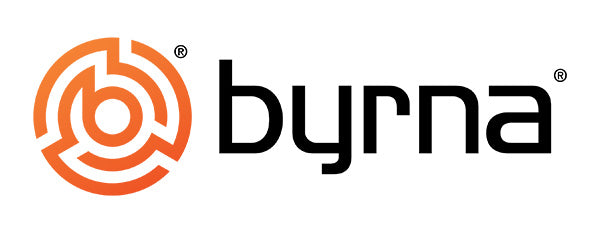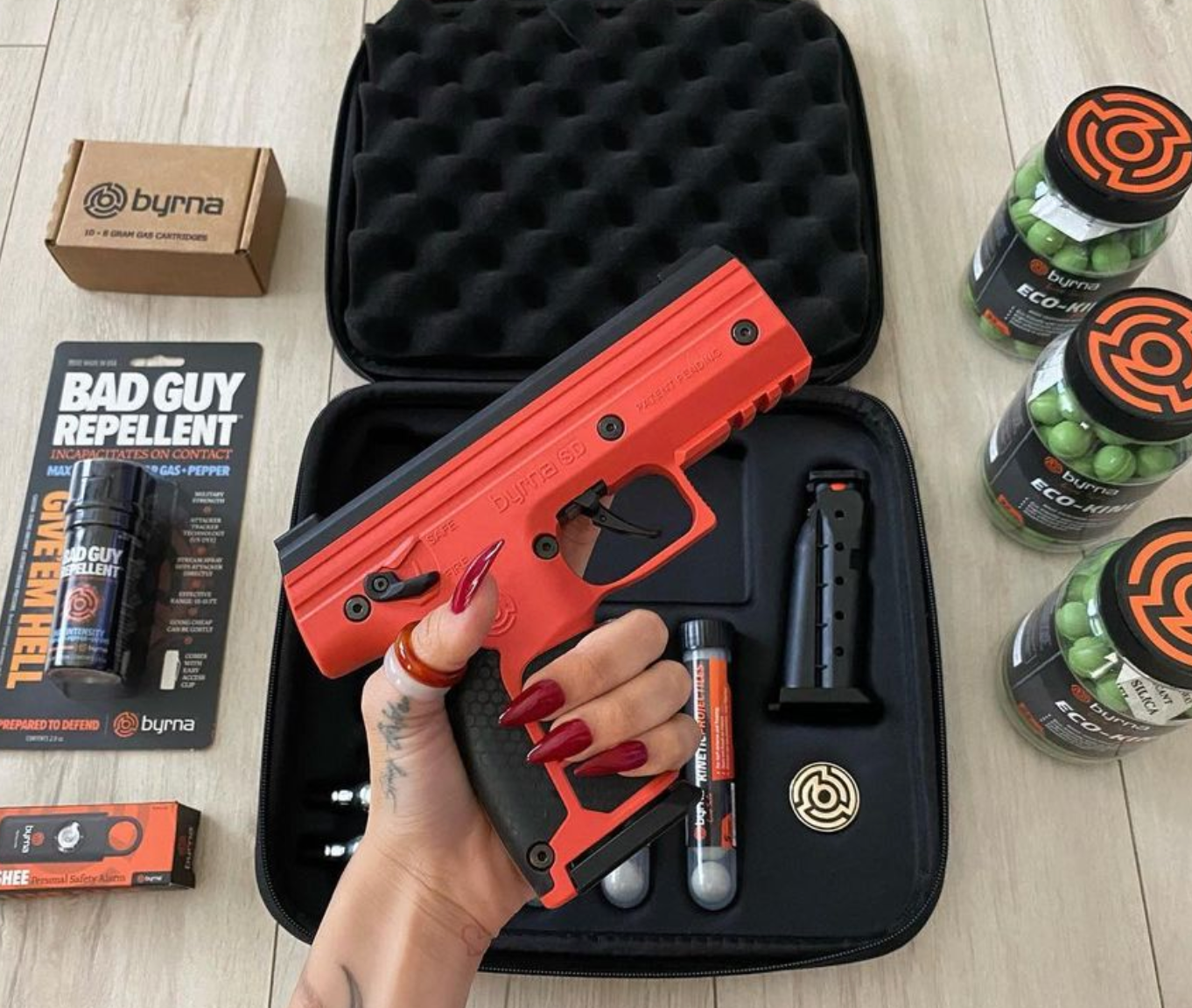
The knife laws in Canada aren't always clear. You'll want to know what you can carry and what you're not allowed to, especially because each type of knife has its own rules.
Outdoor enthusiasts, chefs, and anyone curious about their rights should really know what is legal and what is off-limits when it comes to knives in Canada. The goal is to help you make better choices and improve your confidence.
Let's talk about this topic a bit more!
Table of Contents
Types Of Knives Allowed In Canada
You need to know what's legal in Canada by looking at the types of knives you can own and carry. Always remember that you can have hunting knives and fixed-blade knives in Canada as long as you don't try to hide them and use them for lawful purposes.
Kitchen knives are usually a safe thing to own. Imagine yourself putting together a holiday meal or chopping veggies. Or maybe you're carving up a turkey. When you follow kitchen knives for their intended purposes you're following the rules so there are no worries.

Multi-tools are another type of knife to think about. Say you're working on a small DIY project around the house and you need to make a quick fix. Multi-tools are helpful in those situations and they're very legal which makes them a good choice all around.
When you look at spring-assisted knives, they could sound sleek, but remember that even though they are manually operated, they are still illegal.
Knives with thumb studs are usually allowed. If you're out fishing and need to cut a line this type of knife will work well legally. But be careful with any knife that opens by centrifugal force. Those are off-limits - this clear rule helps you make better choices without accidentally breaking any laws.
Switchblades or butterfly knives that flip open are flat-out banned in Canada. A quick wrist flick shouldn't cause any knife to open. Back in 2018, the Canada Border Services Agency even increased enforcement against knives that open by centrifugal force. It was part of a bigger effort for public safety, so it's a good idea to stay up-to-date on the rules here.
There's no specific rule about blade length that makes a knife legal or illegal in Canada. What really matters is the type of knife and how you plan to use it. A thumb stud knife tucked away in your toolbox? You're probably fine with that. But a push dagger hidden in your pocket - that's illegal.
Your intent, along with what the knife is for, plays a big part in determining its legality. Now, let's take a look at which specific types of knives are illegal in Canada.
Which Knives Are Illegal In Canada?
You can't carry certain knives around in Canada. Some knives are illegal and you really need to know which ones to stay away from. It will help you stay out of trouble especially when you're sure you're on the right side of the law.
Automatic knives or switchblades open with just the press of a button. You don't want to get caught with one. Someone could get hurt if it falls into the wrong hands. When you learn about this it actually helps you stay safe and lawful. Also, butterfly knives and balisongs open with a flick of the wrist.

Sadly, gravity knives are illegal, too. Section 84(1) of the Canadian Criminal Code lists them as prohibited. The goal is easy: to keep everyone safe by limiting access to dangerous items. When you learn about this, it usually adds to your awareness of knife laws, which only helps.
Push daggers? Those are also a no-go. Belt-buckle knives and sword canes are also completely forbidden. This only adds stress and potential issues you don't want.
Legal folding knives with one-handed opening mechanisms are restricted unless you're using them for work or a specific hobby. When you store fixed blades over 12 cm and throwing knives securely it actually helps you stay away from steep fines or worse consequences. This extra precaution keeps you clear of any legal issues.
When you learn about the rules and regulations around carrying knives in public spaces it puts you in a much better position to make good choices. This way you can stay within legal boundaries and keep safety for yourself and others.
Can You Carry A Knife In Public?
You might want to know about carrying a knife in public in Canada. You've probably heard different ideas about what's allowed, so let's talk about it a bit.
Actually, carrying a knife in Canada isn't always illegal.
The type of knife you have and why you need it really matter. If you need a knife for work like opening packages or slicing food then you're fine. The right tools really do make any job easier! Knives for camping or hunting are also okay when they are used for normal lawful activities: creating a campsite or cooking outdoors and it will give you peace of mind that you're using your knife the right way.
You really need to stay away from specific types of knives. Again, any knife that opens automatically (like switchblades or butterfly knives) is illegal in Canada. The law also bans push daggers and blades hidden inside other objects like pens or belts. When you know which knives are off-limits, it helps you stay away from legal trouble and gives you confidence in your choices.

In general, carrying a knife for self-defense is rarely a good idea in Canada. Canadian law sees it as carrying a weapon, which isn't allowed. It's better to focus your knife use on tasks like work, camping, and other outdoor activities. And if the police ever ask about your knife, try not to mention self-defense at all. Instead, explain that you need it for a specific job. This helps keep your intentions clear and can protect you from legal issues down the road. Or better yet, try to say nothing at all!
But carrying a concealed knife isn't automatically illegal. Your intentions matter the most. When you hide it to use it as a weapon, that crosses the line. But a pocketknife in your bag probably won't be an issue under most circumstances. But remember police have some discretion and situations can get tricky fast. When you're open and clear about your peaceful intentions it will help you stay away from misunderstandings.
What about when you're crossing the border with a knife? That can get tricky, thanks to the Canada Border Services Agency. I'd recommend thinking about leaving helpful tools like your knives at home - that precaution could save you from trouble. Besides, it makes sure your possessions stay safe!
A knife for self-defense in Canada can cause serious legal problems, so it's best to leave it for helpful tasks and not for this job.
What About Knives For Self-Defense?
When you carry a knife for self-defense in Canada, there are some serious legal dangers to think about. At the end of the day, the law sees knives as either tools or weapons. If you tell the police your knife is for protection, you're taking a chance with legal trouble. In Canada, the law focuses heavily on your intent. So, when you carry a knife for self-defense, it can cause charges of possessing a weapon for a dangerous job, and you don't want that.
Again, knives like switchblades and gravity knives are outright banned under Canadian law. Even if you're thinking about carrying a knife for helpful reasons, you should be aware of the dangers. It's really important to know the law before making a decision. Actually, this keeps you informed and helps cut back on your chances of running into legal issues.

With all the legal complications of carrying a knife for self-defense, you might want to think about other options. Just to give you an example, pepper spray is a safer alternative, but it still carries legal dangers. On the other hand, personal alarms can give you a sense of security with far fewer legal issues. They're a much safer choice and can give you that feeling of safety without taking a chance with legal charges.
If you ever use a knife in self-defense, your actions need to match the level of the threat. Imagine a threatening situation where you respond by pulling out a knife. If a court later decides your reaction was excessive, you could be looking at some serious legal trouble. I've seen cases where people were involved in long legal battles. Even when their intention was basically to protect themselves. When you learn about this, it's really important if you're thinking about carrying a knife for any kind of defense.
You should really think about the consequences before carrying a knife for self-defense. Past the legal issues, just when you have a knife, it can escalate a situation. While knives are convenient for tasks like opening packages, they can cause unnecessary legal issues if you carry one. It's better to use safer alternatives. The laws are tricky and very strict. Carrying banned knives like switchblades or gravity knives is illegal, regardless of your intentions.
Transporting Knives Across Provincial Borders
When you transport knives across provincial borders in Canada, it can get confusing. You'll want to make sure you know the rules to save yourself some serious issues.
So, while Canadian federal law doesn't actually ban carrying knives based on blade length, you do need to remember you can't use a knife as a weapon. It's important to make it clear that it's a tool. I've found it's helpful to tell a border officer it's for camping to stay clear of any legal issues. This really helps prevent misunderstandings and also keeps you compliant with the law.
Some provinces won't allow carrying knives in places like bars or pubs, and different cities may have even stricter rules than more rural areas. It's also worth noting that knives are sometimes seen as helpful tools in rural communities. But if you're planning to spend some time in a large city and end up visiting a bar while carrying a knife, you should always check the local bylaws first. A quick look online can really save you from fines or other issues. This way, you can stay clear of unexpected legal trouble and keep yourself safe.
Are you planning to fly anytime soon? Knives with blades longer than 6 cm will need to go in your checked baggage in Canada and not in your carry-on. And make sure it's securely sheathed when you pack it. If you don't, airport security may end up confiscating it. Now, for road or sea travel, federal laws like to be a bit more relaxed, but keeping your knives securely stored is still always good practice. Just imagine getting pulled over with a knife in plain sight. You'll want to stay away from that kind of scenario by staying completely prepared first. This makes sure the entire process goes smoothly and keeps you in line with safety rules.

When you travel within Canadian borders there's no need for documentation for knives. But when crossing international borders or anytime an authority asks you should declare your knives. It's a good idea to say they're for camping or hiking which really helps stay away from any misunderstandings and makes sure your knife isn't seen as a threat. Clear and easy communication is important to protect yourself from unnecessary hassles or problems.
Always be sure to keep your knives securely stored, especially if you plan on flying, because this way, you're completely ready for a safe and stress-free experience. Storage is also helpful so everyone stays safe. Make sure that you follow the law!
Protect Yourself and Your Family
Think about the details we talked about here. You really need to know the knife rules in Canada. When you carry a knife that's not allowed or forget to declare a legal one at the border, it can get you into serious trouble. So, make sure you know which types of knives you can own and why you're carrying one in public.
Always be clear on the reason you're carrying a knife. If it's for helpful reasons, be sure to mention that, especially if you're ever asked by the authorities. The law is pretty easy when you're using a knife as a tool. Things can get tricky, though, when you're carrying one for self-defense. Canada's laws draw a very clear line between tools and weapons.

You should choose some safer ways to protect yourself. That starts with finding legal options. That's where we come in at Byrna Canada.
We get that Canadians need safe and legal self-defense choices. Byrna has products like less-lethal pistols and rifles designed specifically for Canadians. What's nice is that our products stand out because you don't need a background check. Our items are delivered straight to your front door. They are also legal to use all across the provinces (though you can't use them outdoors; they are legal to own in your home for self-defense only).
Think about how you can level up your personal safety while staying legal. When you have the peace of mind that comes from learning you're protected and doing it legally, it really makes a difference.
Head over to Byrna.ca to check out our Canada-legal self-defense products. You'll get free shipping on all launcher orders, too!




